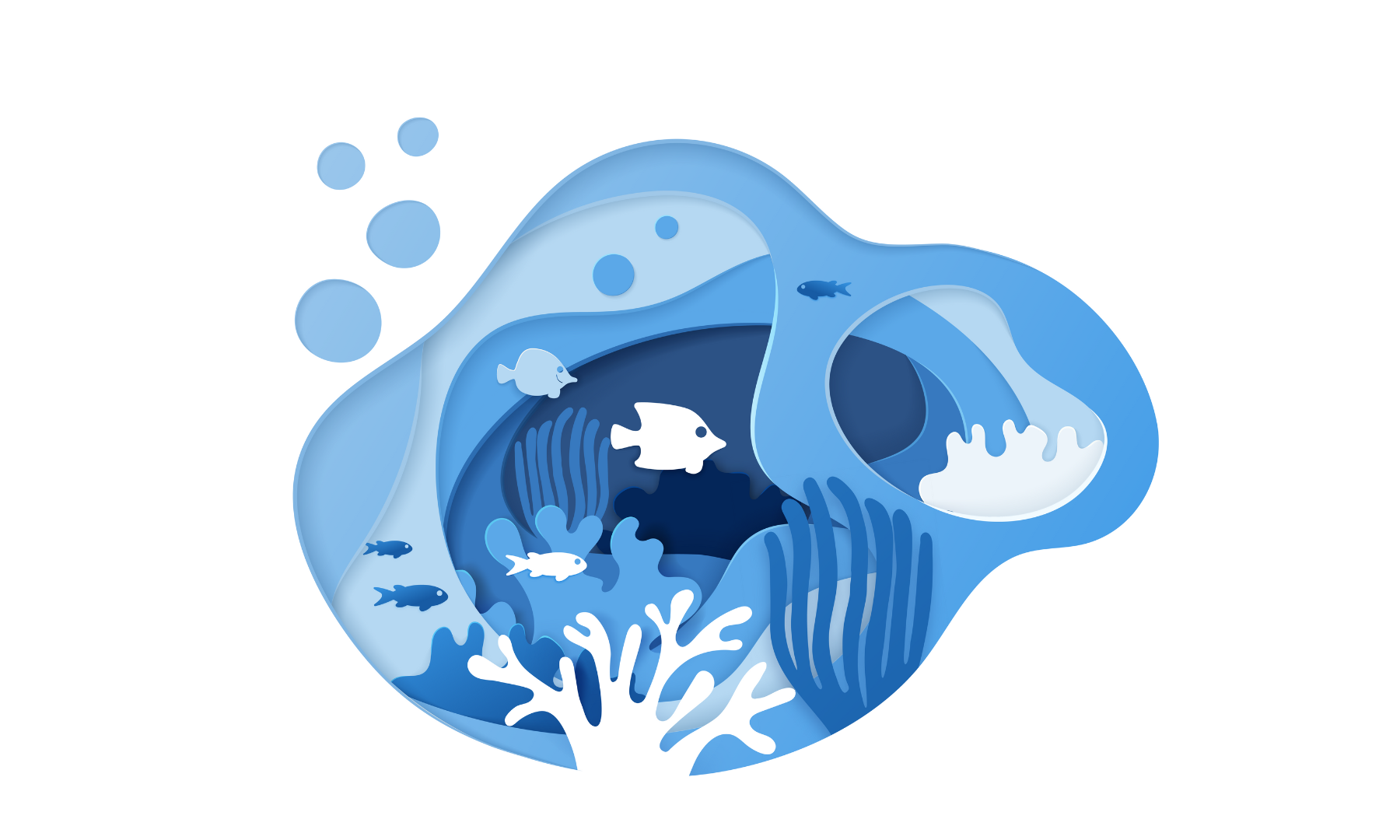
Celebrating World Oceans Day 2022
In 2002, the non-profit organization, The Ocean Project developed, organized, and executed the first ever World Oceans Day. This internationally celebrated, annual tradition that takes place on June 8th was created to acknowledge the impact of our oceans and advocate for meaningful and urgent conservation action.
BACKGROUND
In 2002, the non-profit organization, The Ocean Project developed, organized, and executed the first ever World Oceans Day. This internationally celebrated, annual tradition that takes place on June 8th was created to acknowledge the impact of our oceans and advocate for meaningful and urgent conservation action.
This commemoration of our one mutual body of water interconnects so many organizations and individuals across the globe: Aquariums, businesses, government agencies, museums, schools, zoos and outdoor enthusiasts; in this case, divers, surfers, sailors, and more.
The oceans play a major factor in so many aspects of our everyday lives — between 50%-80% of the oxygen we breathe comes from the ocean! Furthermore, it holds 97% of our planet’s water. In addition to being a crucial component of our biosphere as a climate regulator and home to over 228,000 known species, the ocean is a vital resource for food and medicine.
WHY IS THIS DAY SO IMPORTANT?
It is estimated that around 8 million tons of plastic enter our oceans each year, on top of the 150 million tons of plastic waste already present in them.
Initially, the large pieces of plastic can damage coral reefs or entrap marine animals. Then, as these pieces eventually break down into much smaller fragments — called microplastics, are sometimes present even more menacing capabilities as they can be easily mistaken for food.
Once ingested, microplastics can become extremely harmful to internal organs and in weakening immune systems of the consumer. Recently, we’ve learned that humans can be subject to at-large risks by consuming microplastics as well through seafood.
Humans can also be affected by chemical pollution within the ocean as well. Thousands of chemicals in our waters likely expose humans to polychlorinated biphenyls, dioxins, perfluorinated substances, and pesticides via seafood-consumption. These chemicals have been shown to cause a wide range of health effects in humans such as cancer, cardiovascular disease, neurological disorders, and more.
This year’s observance is shaping up to be the most effective and influential yet as thousands of activities, celebrations, and other events are expected to take place in about 150 countries. These collective efforts will further impact world leaders as they focus on the upcoming UN Ocean Conference at the end of June, and the UN Biodiversity Conference later this year.
Looking for resources to get involved? The World Ocean Day website is a phenomenal place to start for anyone looking to celebrate and do their part come June 8th. Those seeking to participate in an event can search the database of events, activities, and conservation-related announcements using the World Map and Events Calendar on the website. If you’re planning an event yourself, it is encouraged to send in your event, activity, or conservation-related announcement here!
World Oceans Day is a celebration of the elegance, abundance, and potential of our waters. We must utilize this day to educate and evoke our communities of societal impact, and emphasize the significance of this movement to encourage sustainable management of the world's oceans.